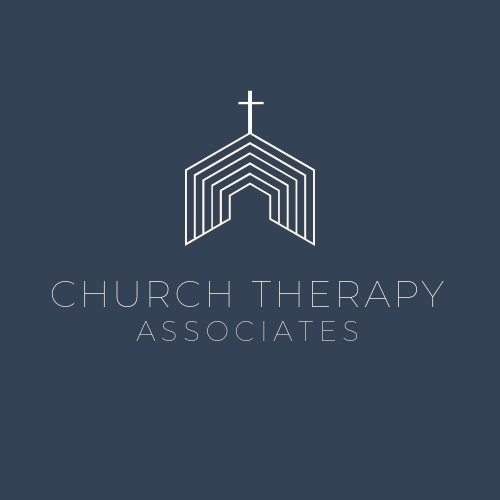I am thrilled to announce that I have launched a new non-profit, Church Therapy Associates, in order to provide low-cost mental health counseling services in churches and Christian college settings. The idea builds on the Church Therapy model, embedding professional counseling directly into churches where services are accessible. The presence of a counselor helps decrease stigma as well, changing the church culture towards one that embraces mental health treatment as a positive option.
Church Therapy Associates will use a subscription model, in which both churches and clients pay a subscription fee. The services are provided by Master’s-level counseling students, graduates working towards licensure, and licensed clinicians. This non-profit creates opportunities for training and supervision for mental health counselors, increasing the number of qualified mental health professionals committed to serving within the church.
Here’s how it works:
- A partner church subscribes, outsourcing the clinical mental health care needs of their congregation to Church Therapy Associates. Their subscription fee is based on the number of client slots they want to have (based on church size). The subscription level can increase as the need increases over time. The church also provides office space and emergency on-site support.
- A Master’s-level counseling intern is placed at a new site. Clients pay a co-pay level subscription fee weekly or monthly, and this is automatically billed to them.
- Licensed counselors provide weekly supervision. Emergency on-site support is present at every site whenever the counseling interns are seeing clients.
- When the counseling intern graduates, they can continue at their site to accrue hours towards licensure. They are working for Church Therapy Associates throughout the process, creating a seamless transition and continuous services for the partner churches. As they grow professionally, they will become licensed and will begin to supervise others.
- All fees, liability, regulatory oversight, record keeping, and phone systems are centralized under Church Therapy Associates through a HIPAA-compliant electronic health record, so that churches do not have to worry about any of these details.
To start we will be focusing on the Boston area, but I believe this model can expand around the country. Our expansion will focus on areas near Christian seminaries and graduate schools that offer licensure-based mental health counseling programs. If you are a pastor interested in this model or you are part of a Christian counseling Master’s program, let me know!

